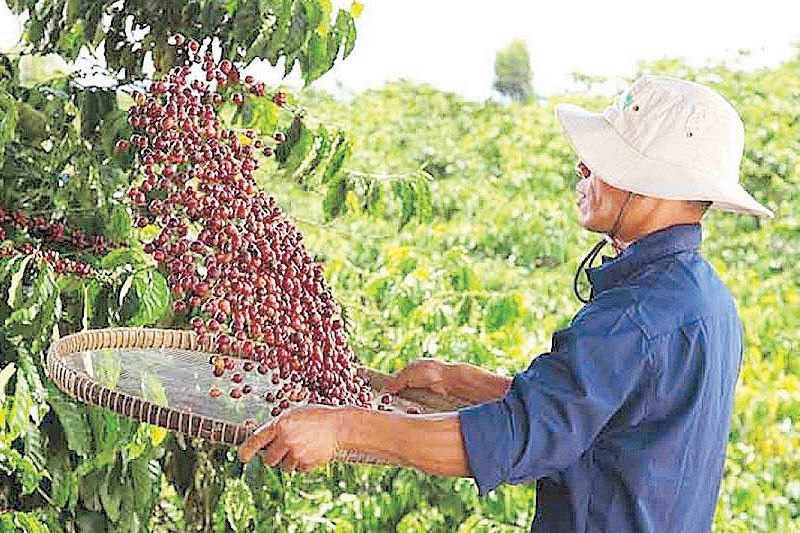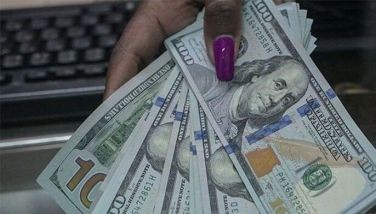Nestlé may hike coffee prices amid rising cost

MANILA, Philippines — Increasing the prices of its coffee products remains on the table for Nestlé Philippines amid rising cost of raw materials coupled by a weaker currency.
Nestlé Philippines senior vice president and corporate affairs head Jose Uy III said it is still “a possibility” for the multinational food and beverage giant to increase its coffee prices this year.
Prices of coffee beans have increased exponentially as a result of tight global supply worsened by a weaker peso, Uy said.
The multinational is affected by rising coffee prices in the world since much of its raw material supply is imported as local coffee production remains inadequate to meet its annual requirement.
“That is a possibility. As much as possible, if we can absorb the costs and not pass it to the consumers then we will do our best since there is a wide range of possible interventions,” he said when asked if Nestlé is looking at raising coffee prices this year in a recent press briefing in Malaybalay, Bukidnon.
Nestlé has not increased the prices of its coffee products in the country this year after raising prices last year.
“Last year, we increased by around five percent which is equivalent to less than a peso. It was like a P0.5 centavo increase. If you look at our prices today, they are still within reach.”
Nestlé tracks the world market price of coffee in determining its buying price for locally-produced coffee, particularly Robusta variety, which is widely used in some of its instant coffee product line. Today, Uy points out, they buy at about P250 per kilogram.
Coffee prices in the world market have shot up in recent months due to global supply tightness with Robusta coffee prices surging to their highest level in three decades, according to the World Bank.
Uy noted that some of the government interventions that may arrest the possible price increase in their coffee products are the possibility of allowing more sugar imports and a better foreign exchange rate.
Nestlé continues to invest in the Mindanao region because of its potential as a coffee producer, Uy said, noting that the island accounts for over 80 percent of the country’s annual coffee output.
“The factory can just rely on importation but we want to prioritize – as a company that is established here for over 100 years – the local small farm holders,” he said.
“We can actually accommodate all the country’s production. We have been dependent on importation of coffee beans from Vietnam and Indonesia,” he added.
The Philippines imported nearly 50 million kilograms of coffee beans last year, bulk of which or about 80 percent came from Vietnam, based on Philippine Statistics Authority data. Indonesia is the country’s second largest supplier of coffee beans.
The country’s self-sufficiency ratio in coffee fell to a six-year low in 2022 at 38.1 percent. The ratio measures the extent that domestic production meets the country’s annual requirement for a given commodity.
The Philippines used to be self-sufficient in coffee from 1988 to 1996, according to official statistics.
- Latest
- Trending





























